In industrial equipment, hydraulic motors and electric motors are two common power transmission systems. Each has its own set of advantages and suitable application scenarios. Understanding the differences and strengths of these two systems can help companies make the most appropriate choice for their specific needs.

1. Introduction: The Importance of Drive Systems
Drive systems play a crucial role in industrial equipment, directly affecting performance, efficiency, and cost. When choosing the right drive system, hydraulic motors and electric motors are often the two main options. Hydraulic motors are typically used for high-torque, heavy-load applications, while electric motors offer advantages in speed, low noise, and energy efficiency. Understanding their respective advantages and drawbacks can help you make the best decision for your particular application.
2. Characteristics of Hydraulic Motors
Hydraulic motors are widely used in industrial sectors that require high power, large torque, and heavy loads. The main features of hydraulic motors include high torque output, the ability to withstand high temperatures and pressures, and a broad range of speed control.
2.1 High Torque Output
Hydraulic motors provide significant torque at low speeds, which is one of their most significant advantages. Compared to electric motors, hydraulic motors can handle higher power outputs without overloading, making them ideal for heavy-duty equipment and high-load applications. By utilizing hydraulic fluid pressure to drive rotation, hydraulic motors can output more torque in a smaller volume.
2.2 Tolerance for High Temperature and Pressure
One notable feature of hydraulic systems is their ability to operate effectively in high-temperature and high-pressure environments. Hydraulic motors, along with their associated components, are well-suited to harsh conditions, performing better than electric motors in environments with extreme temperature, humidity, and dust.
2.3 Wide Speed Control Range
Hydraulic motors offer a broader range of speed control compared to electric motors, allowing for smooth transitions from zero to maximum speed. The hydraulic system is capable of precisely controlling the torque and speed, making hydraulic motors an ideal choice for applications requiring fine control.
2.4 Application Scenarios
Hydraulic motors are widely used in industries such as metallurgy, mining, construction equipment, agricultural machinery, ships, and engineering vehicles. In these industries, equipment is often required to handle high loads and operate under extreme conditions, making the high torque output and resilience of hydraulic motors invaluable.
3. Characteristics of Electric Motors
Electric motors are the most common power source in industrial equipment, widely used in automation systems, light industrial machinery, and many household appliances. Electric motors are known for their compact design, fast response, and high energy efficiency.
3.1 High Efficiency, Simple Maintenance
Compared to hydraulic motors, electric motors typically offer higher energy efficiency. They can operate at a lower energy consumption while providing a stable power output. Additionally, electric motors have a relatively simple design, which makes them easier to maintain—usually requiring only periodic lubrication and electrical checks.
3.2 Fast Response Speed
Electric motors have a much faster start-up and stop response time compared to hydraulic motors. Since electric motors are driven by electrical power, their control systems can respond more quickly to commands. As a result, electric motors excel in applications requiring fast starts and stops.
3.3 Compact Design, Low Noise
Electric motors are typically more compact, making them suitable for applications where space is limited. Furthermore, they tend to generate less noise compared to hydraulic systems, which is particularly advantageous in environments where noise reduction is a priority.
3.4 Application Scenarios
Electric motors are well-suited for applications such as automated production lines, light industrial machinery, pumps, fans, and conveyors. They are especially advantageous in settings that require power, compactness, and low noise levels, making them ideal for environments with space and noise constraints.
4. Comparison Between Hydraulic Motors and Electric Motors
In industrial applications, hydraulic motors and electric motors each have their strengths and weaknesses. The following table provides a direct comparison of the two systems.
| Feature | Hydraulic Motors | Electric Motors |
|---|---|---|
| Torque Output | Provides high torque, ideal for heavy loads | Provides lower torque, suited for lighter loads |
| Energy Efficiency | Lower efficiency, requires hydraulic oil maintenance | High efficiency, low energy consumption, and less maintenance |
| Control Precision | Lower precision, but broad speed range | Higher precision, suitable for precise control applications |
| Response Speed | Slower start-up and stop times | Faster start-up and stop response times |
| Environmental Adaptability | Suitable for harsh environments like high temperature, high humidity, and heavy loads | Suitable for milder environments, can be affected by overheating or humidity |
| Maintenance & Lifespan | Requires regular maintenance for hydraulic oil and seals | Simple maintenance, long lifespan |
| Noise Levels | Generally noisier, especially under heavy load | Generally quieter, suitable for noise-sensitive environments |
4.1 Torque and Load Output
Hydraulic motors can deliver higher torque at lower speeds, making them suitable for high-load and heavy-duty equipment. In contrast, electric motors provide lower torque and are better suited for applications with lighter loads and higher speeds.
4.2 Energy Efficiency and Cost
Electric motors typically have better energy efficiency than hydraulic motors. Electric drive systems tend to convert energy more efficiently and consume less power, reducing long-term operational costs. Hydraulic systems, however, require hydraulic fluid to operate, and there can be energy losses during fluid conversion, making hydraulic motors less energy-efficient over time.
4.3 Control Precision
Electric motors excel in providing higher control precision, especially in speed regulation. Due to their electronic control systems, electric motors can achieve precise control of speed and position. Hydraulic motors, while capable of a broad speed range, do not offer the same level of precision.
4.4 Environmental Adaptability
Hydraulic motors can work in extreme conditions, such as high temperatures, high humidity, and dusty environments, making them ideal for use in rugged industrial applications. Electric motors, however, can be negatively affected by factors like heat and moisture, making them better suited for milder environments.
4.5 Maintenance and Lifespan
Electric motors generally require less maintenance than hydraulic motors, as they have fewer components and do not require the periodic replacement of hydraulic fluid. Electric motors have a longer lifespan when well-maintained. Hydraulic motors, while durable, need regular checks on fluid levels and seals, which can increase maintenance costs.
5. When to Choose a Hydraulic Motor, When to Choose an Electric Motor?
Choosing between a hydraulic motor and an electric motor depends on the specific needs of the application. Below are some guidelines for selecting the appropriate motor based on various scenarios.
5.1 Best Scenarios for Hydraulic Motors
- High Load, Low Speed: Hydraulic motors are ideal for heavy-duty applications requiring high torque at low speeds, such as cranes, mining machinery, and metallurgical equipment.
- Harsh Working Environments: Hydraulic motors excel in extreme environments, including high temperatures, humidity, and dust, making them perfect for construction equipment and engineering machinery.
- Broad Speed Range Control: If the application demands smooth transitions between low and high speeds, hydraulic motors are the better choice due to their wide speed control capabilities.
5.2 Best Scenarios for Electric Motors
- Light Load, Quick Response: Electric motors are better suited for applications with lighter loads and fast start-stop operations, such as automated production lines and small machinery.
- Energy Efficiency, Low Noise Requirements: Electric motors are ideal for applications that require energy efficiency, low noise, and a compact design, such as HVAC systems, household appliances, and office equipment.
- Precise Control Needs: Electric motors excel in applications where precise speed and position control is necessary, such as robotics and conveyor systems.

 ENG
ENG
 English
English русский
русский Español
Español
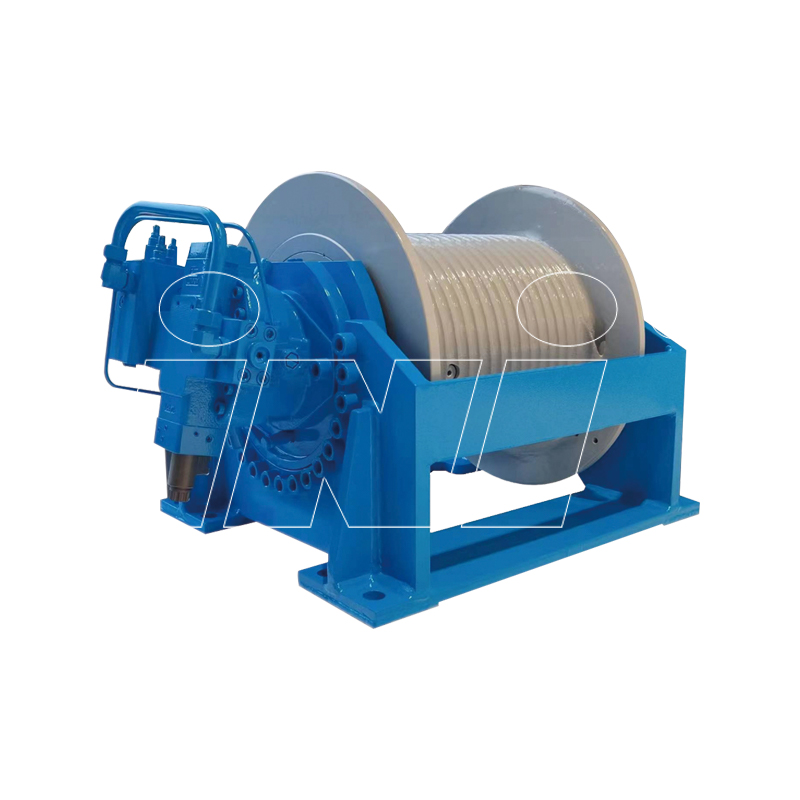
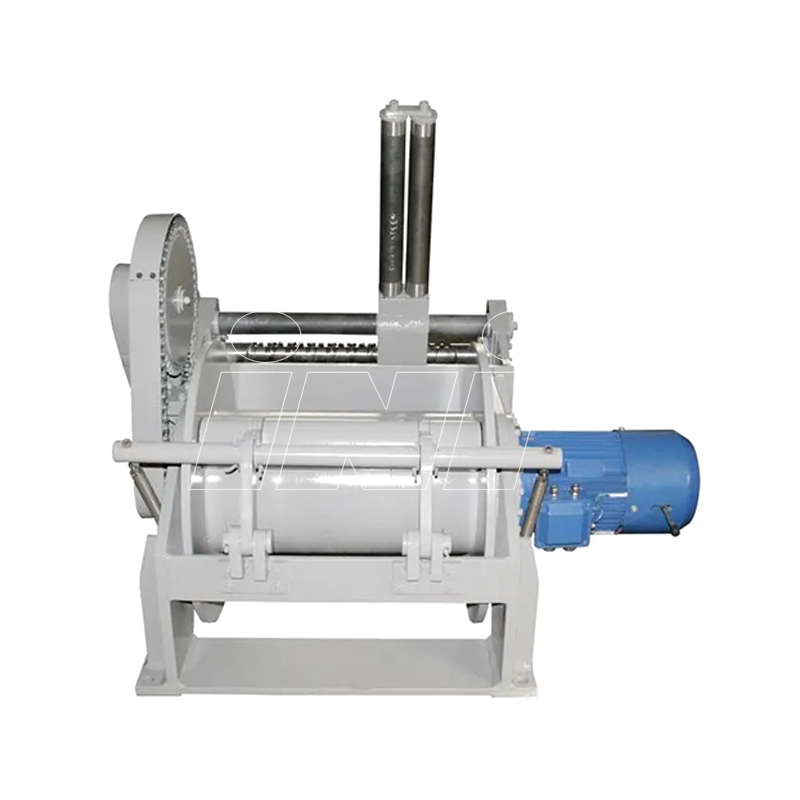
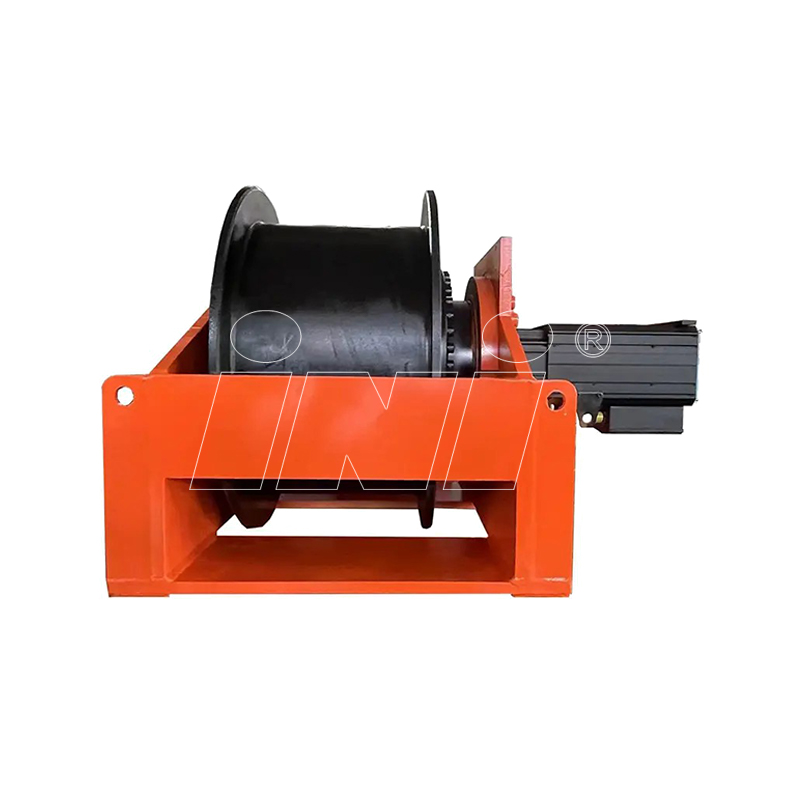

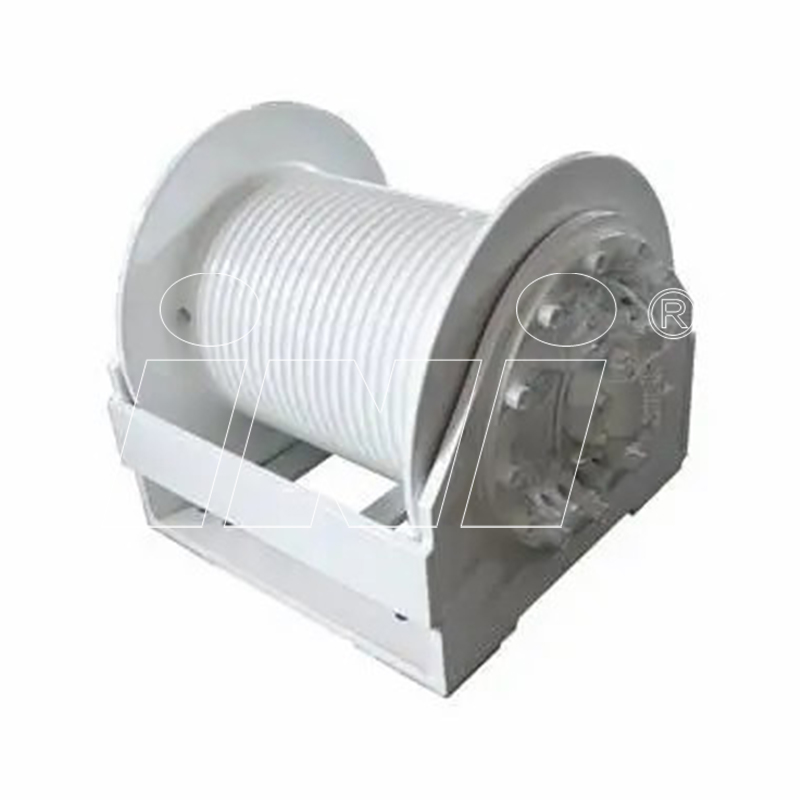
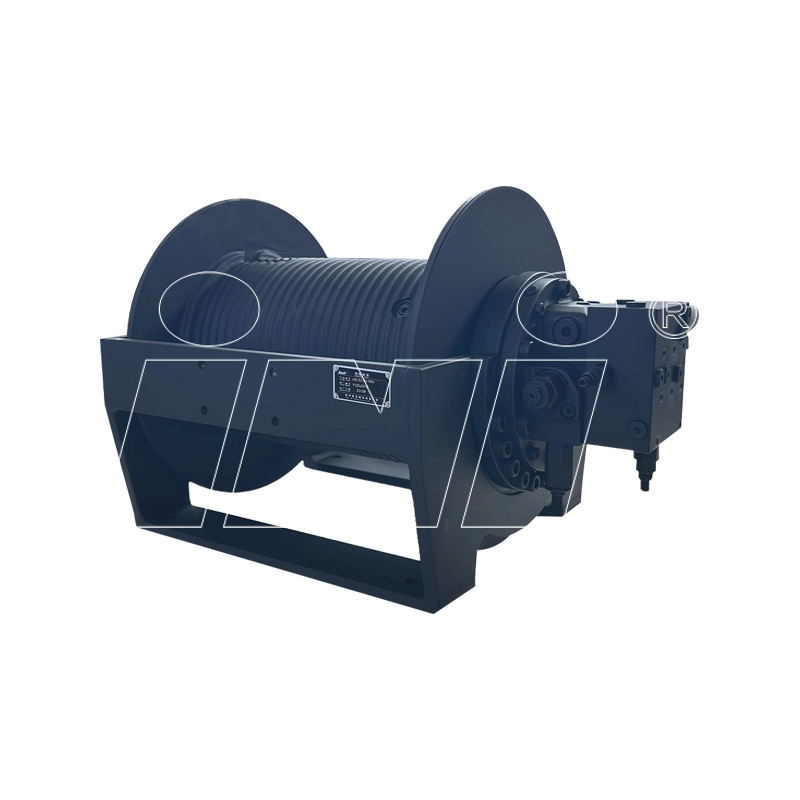
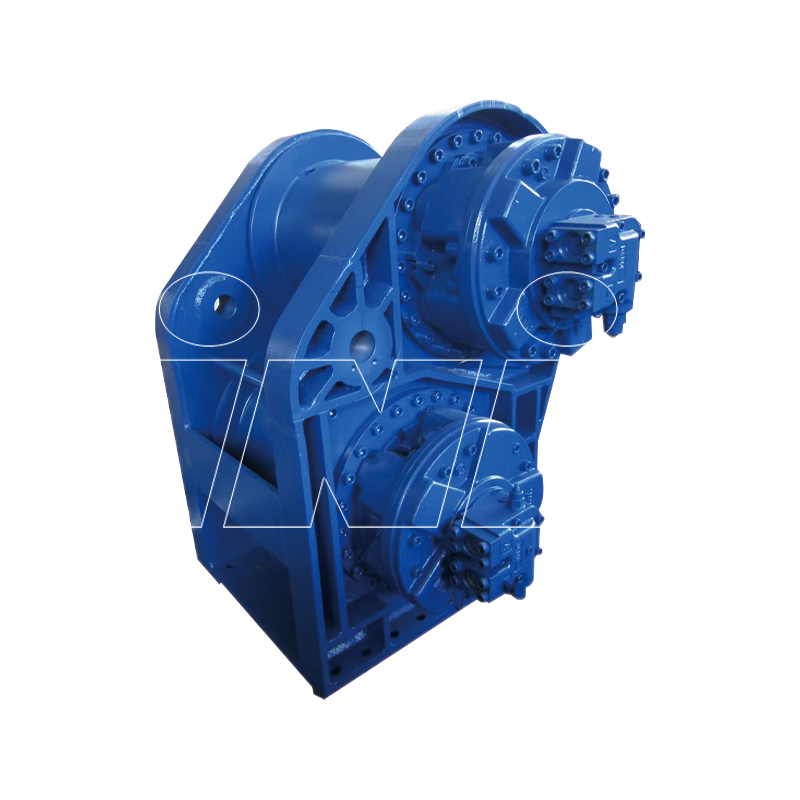

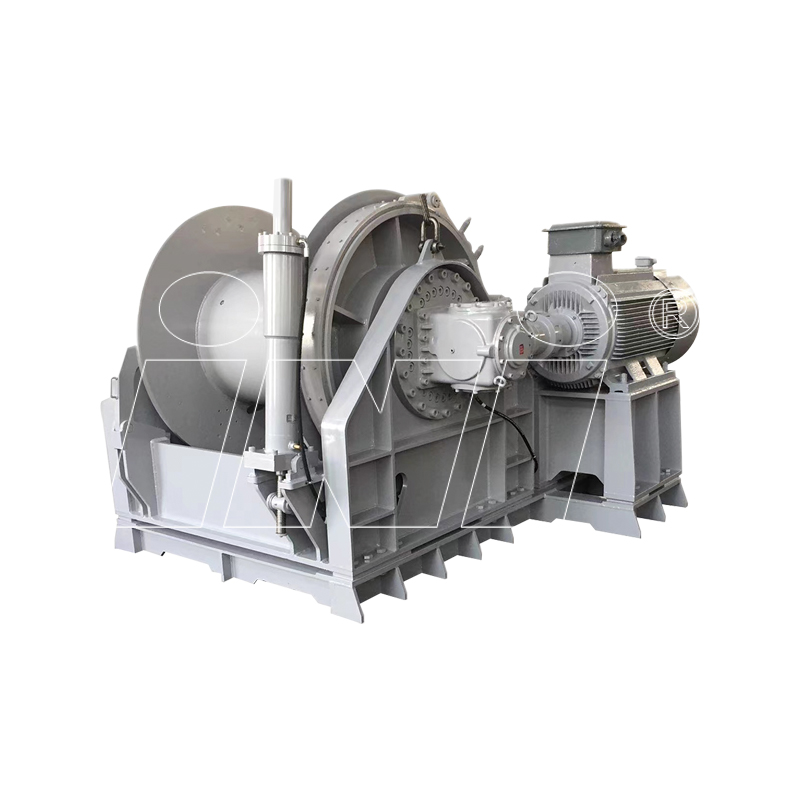

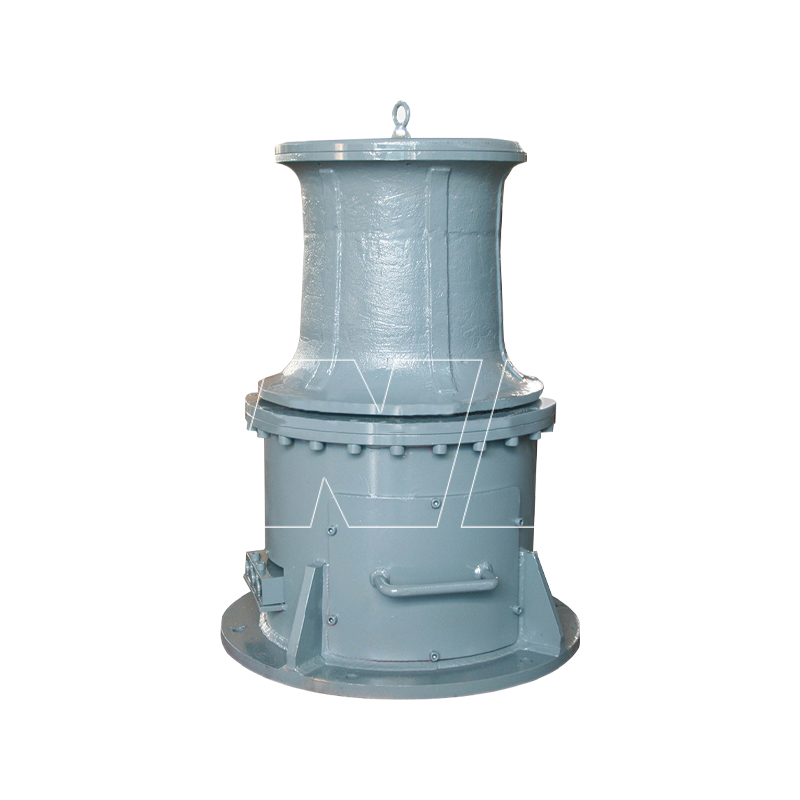


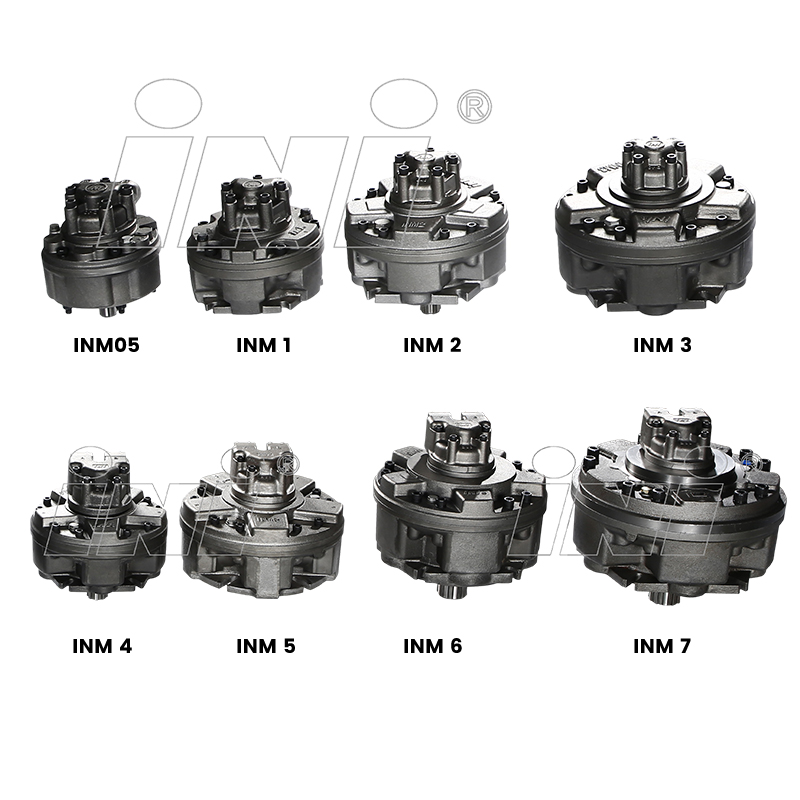

 English
English русский
русский Español
Español
 TOP
TOP